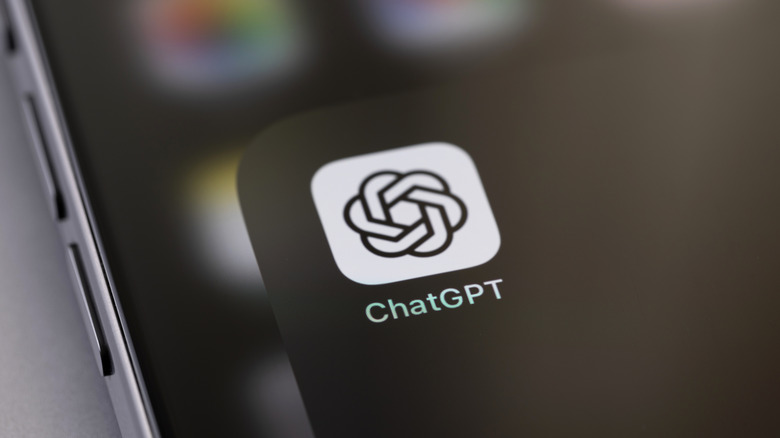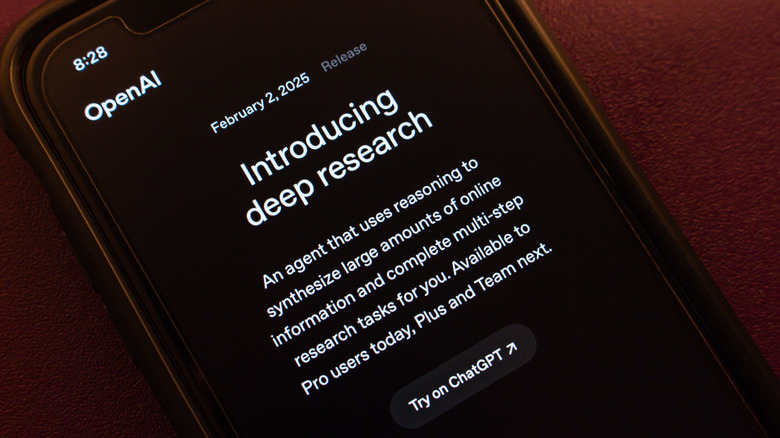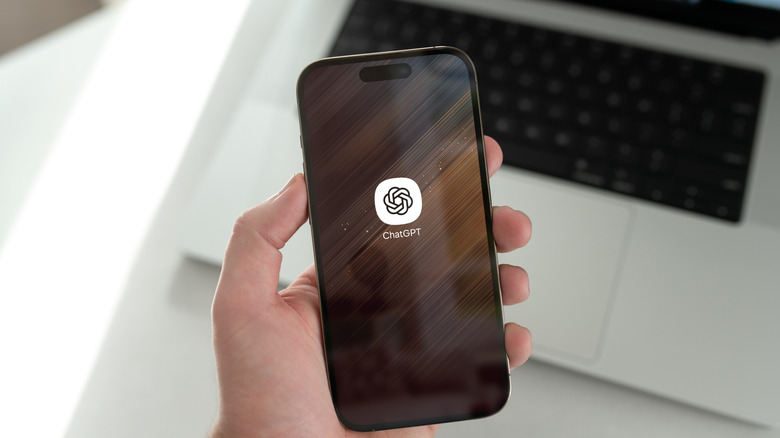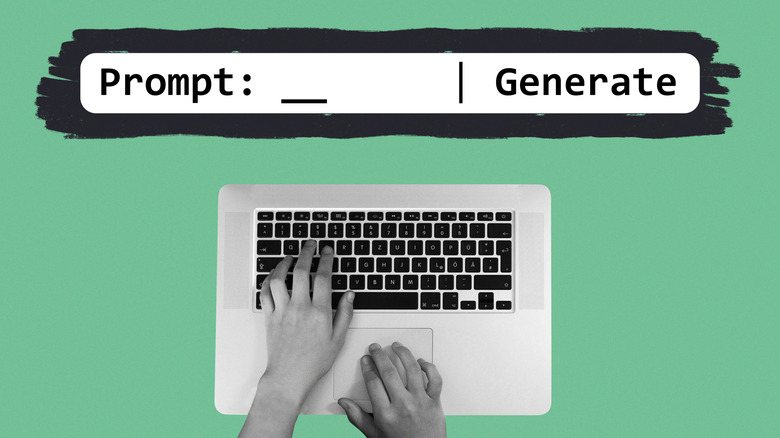These 5 ChatGPT Prompts Can Save You Valuable Time At Work
I've spent hundreds of hours throughout my working life buried in repetitive tasks, from rewriting emails to formatting reports. And while you shouldn't use AI tools like ChatGPT to do your job for you, they can make your day-to-day work dramatically smoother if you know how to prompt them effectively. The best ChatGPT prompts can help automate tedious steps, saving you both time and stress in the office.
Recently, I've seen professionals across several industries use ChatGPT to handle everything from drafting meeting summaries and creating meeting transcripts to building quick spreadsheets. What separates power users from casual ones, though, is how they instruct ChatGPT to do things with their prompts. Instead of using vague prompts such as "write an email for me," improve your ChatGPT prompts with targeted instructions for tailored results in seconds, and free yourself up to focus on the work that actually matters.
In this guide, I'll walk you through five carefully crafted ChatGPT prompts that I've seen help professionals save time at work. Whether you're a project manager, writing KPI reports, or juggling customer requests, these ChatGPT prompts are designed to streamline your life, and help you work smarter, not harder.
Summarize long documents
If you've ever stared at a massive report or lengthy email and struggled to determine the main points, this prompt can save you some serious time. Just ask ChatGPT, "Can you summarize this document and provide me with a bulleted list of topics covered?" Within seconds, you should receive a digestible summary that hits all the key ideas and is presented cleanly as a bulleted list.
All that said, try to treat these summaries as a starting point, and not the final product. As with any AI, ChatGPT can miss details or misinterept context, especially when it comes to technically complex material. Always review, verify, and polish the output before sharing it externally. Still, when used as an internal tool to help you grasp long content faster, this prompt is a massive productivity booster that can help turn information overload into something manageable.
Create a priortized to-do list
I make many to-do lists, and they often spiral out of control. This prompt helps me to make sense of the mess. Just type: "Help me to create and organize a to-do list. Focus on and highlight the most time-consuming tasks." Then, paste everything weighing on you, from major deadlines to minor errands, and let ChatGPT organize it by importance.
You can refine things further by asking ChatGPT to group tasks into categories. It's by no means flawless; you might have to answer a few follow-up questions before it gets the order right, but I've found it to be a surprisingly effective way to bring structure to my daily chaos.
I've found this prompt functions less as handing over control over to ChatGPT and more as having a helpful productivity tool that can triage my day. While you shouldn't use ChatGPT to actually finish your work for you, it can help you decide where to start, especially when you're feeling overwhelmed.
Make sure you haven't missed anything
If you've ever found yourself deep into a project with the feeling that you've missed something, this next prompt can be a real lifesaver: "I'm working on a project related to [insert project idea here]. Create a bulleted list of important themes related to this topic that I should be thinking about." I find this to be one of ChatGPT's most underrated uses. It's not for writing or summarizing, but rather for thinking.
By asking the right questions, you can uncover gaps in your plan, spot missing steps, and think more strategically about your work. Whether you're working on a report, planning a social media campaign, or troubleshooting a technical problem, ChatGPT can highlight areas you may have missed on your first pass through with a new project.
Practice negotiations
In addition to writing and thinking, I've found ChatGPT to be a suprisingly effective role-play practice partner. If you've ever felt uneasy about asking for a raise, try practicing with ChatGPT first. Simply input: "Help me by role-playing a salary negotiation with my office manager." This prompt turns ChatGPT into a stand-in manager, allowing you to rehearse the conversation before walking into your boss's office. It's a low-stakes way to test your arguments, anticipate pushback, and refine how you present your achievements to prove you deserve a raise.
By simulating back-and-forth dialogue, ChatGPT can help you think through different responses and objections, be it budget constraints or performance metrics, so you're not caught off guard in the actual meeting. You can even ask ChatGPT to role-play as a "tough manager" to make the practice feel a bit more realistic.
Using ChatGPT as a mock negotiation partner can sharpen your confidence and communication skills, and that alone can give you a better shot at landing your next raise. Just remember not to treat the feedback you receive from ChatGPT as gospel. ChatGPT doesn't know your company's culture or policies, or those individual quirks that make up your boss's personality.
Brainstorm name ideas for a project
Coming up with a solid name is harder than it seems. Whether you're brainstorming a title for a new project, report, or even an internal campaign, it's easy to get stuck recycling the same handful of ideas. ChatGPT can help give you a creative jumpstart by helping you brainstorm names for projects. Simply input: "I'm coming up with a name for this project [insert project details here]. Can you provide me with 10 name ideas?" By asking for a list of potential names from ChatGPT, you can quickly explore new directions and styles that you might have otherwise missed.
The key is in how you frame your prompt. Instead of just asking for name ideas, try to provide some context: What is the project about? Who is it for? Also, include some guidance on the exact tone you would like used for your naming ideas.





